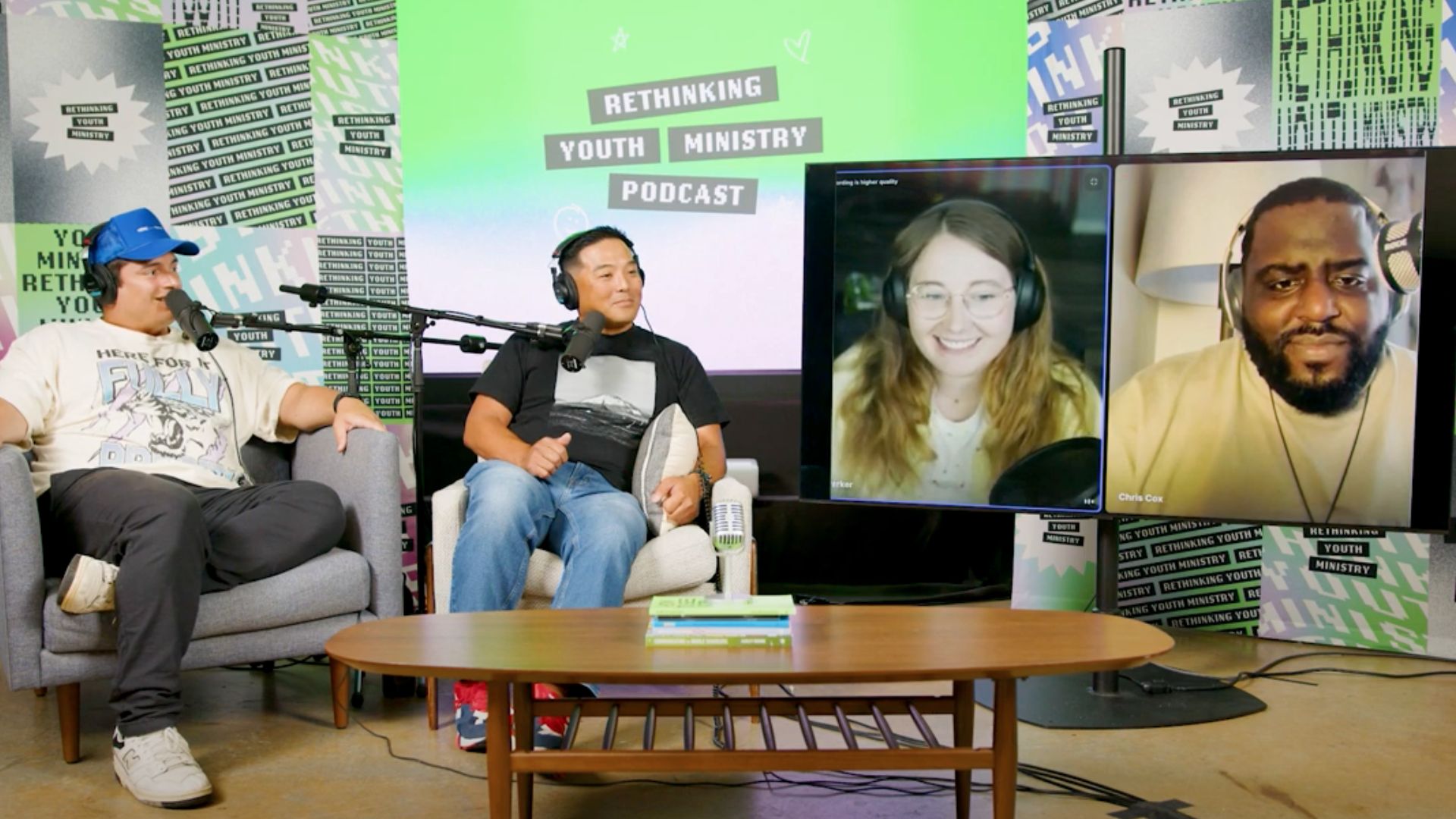In youth ministry, events are more than just activities on a calendar. They’re powerful tools for connection, discipleship, and outreach. Yet, as times and culture shift, it’s essential to rethink how we market and execute these gatherings. In a recent episode of the Rethinking Youth Ministry podcast we explore what it looks like to design and deliver impactful youth ministry events. Their insights were both inspiring and practical, giving us a roadmap to create experiences that matter.
The Power of Events in Youth Ministry
Events hold a unique place in the rhythm of youth ministry. They offer moments for students to step away from their everyday lives and into environments where they can encounter community, fun, and faith in a fresh way. As Ayubu shared on the podcast, his church hosted a church-wide event to raise $15,000 for malaria nets. It wasn’t just a youth ministry event—it included every generation in the church. From walk-up music for the ministry teams to meaningful connections forged across age groups, it became an unforgettable experience.
Similarly, Sarah described an event called “Glow Turn” that transformed her church into a black-lit playground complete with laser tag and a glow-up station. These outreach events drew students who had never set foot in a church, creating opportunities to connect them to a faith community. “Sometimes,” she noted, “you need those extra hooks in the water—a different format or layout—that can help engage students who wouldn’t come otherwise.”
Chris reminded us that events create spaces for relationships to grow. One of his favorite memories involved a senior trip with a group of boys from an apartment complex he had been mentoring. For many of them, it was the first time they experienced “true brotherly love.” Events like these move beyond entertainment—they create environments for transformation.
Why Events Still Matter
Despite how busy students’ lives are, events continue to serve as crucial entry points for engagement. Here’s why:
- Creating Unforgettable Experiences
Shane shared about an event at his former church in Arizona called “Best Weekend Ever.” From tethered hot air balloon rides to slip-and-slides, the event aimed to deliver on its name while tying unforgettable memories to the local church. These experiences stick with students, helping them associate the church with joy, community, and belonging. - Building Relationships in Unique Settings
Ayubu’s senior trip highlighted the importance of taking students out of their usual environments. Whether it’s a cabin retreat or a church lock-in, events create opportunities for students to experience community in deeper ways. - Engaging the Unchurched
For many students, events are their first exposure to the church. Sarah described how her U-Turn events brought in kids who had never heard about Jesus before. These moments become “hooks in the water,” drawing in students who might not otherwise attend a traditional service.
Strategies for Marketing and Executing Events
Planning and executing youth ministry events can feel overwhelming, but with the right strategies, you can create something both meaningful and manageable. Here are some practical takeaways from the podcast:
1. Know Your Students
Sarah emphasized the importance of knowing your audience. Every event should be planned with all students in mind—especially those on the margins. For example, when organizing a camp, consider everything from cabin placements to recreational activities. Ensure there’s something for every student, not just the outgoing or sporty ones.
2. Involve Students in Planning
Chris shared a game-changing strategy: engaging students in the creative process. Hosting brainstorming sessions with sticky notes, snacks, and a vision for the event empowers students to contribute their ideas. Not only does this make the event more appealing to their peers, but it also gives them a sense of ownership. “The greatest billboard for any event is an excited and engaged student,” Chris said.
3. Plan for Belonging
Events should be approachable for all students. Sarah shared her approach to planning camps with intentionality, making sure the “furthest out” kid feels seen and included. Whether it’s through the way leaders engage or how activities are structured, the goal is to ensure every student feels like they belong.
4. Market Creatively
When it comes to marketing events, photos, videos, and testimonies from past events can be powerful tools. Shane highlighted how sharing images from past experiences—like students enjoying tethered hot air balloon rides—can spark excitement and curiosity. Utilize social media, student-led promotion, and personal invitations to spread the word.
5. Execute with Excellence
Planning great events requires attention to detail, collaboration, and adaptability. Chris advised against planning in isolation. Involving a team, whether students, leaders, or church staff, ensures every aspect is covered and executed well.
6. Follow Up with Intentionality
The event itself isn’t the finish line. What happens after the event matters just as much. Use follow-ups to connect students to small groups, mentorship opportunities, or regular youth ministry gatherings.
Final Thoughts
Events in youth ministry are more than just activities—they’re catalysts for connection, transformation, and growth. Whether you’re planning a glow-in-the-dark outreach night, a senior retreat, or a church-wide fundraiser, the goal is the same: to create spaces where students encounter God, community, and unforgettable moments.
As Sarah reminded us, “It’s not just about the talk on stage. It’s in the way we treat students and the way we plan for them.” By rethinking our approach to marketing and execution, we can continue to create events that matter and make a lasting impact.
What’s your next big event? How are you rethinking the way you plan and execute it? Let’s continue the conversation in the comments below!
Listen to the full episode, Rethinking If Events Still Matter in Youth Ministry, here.


